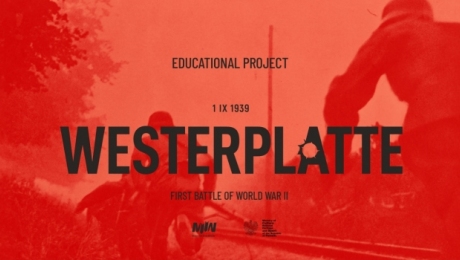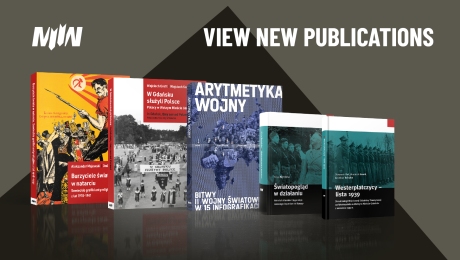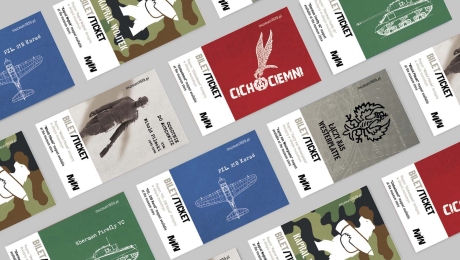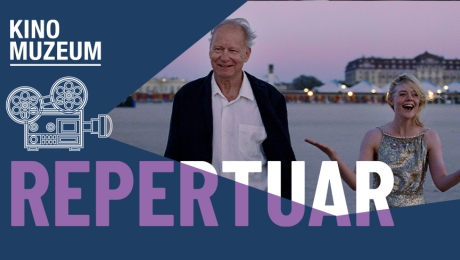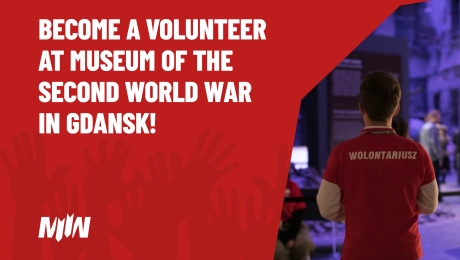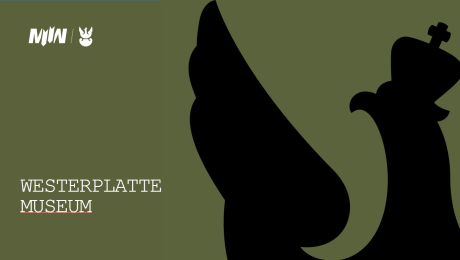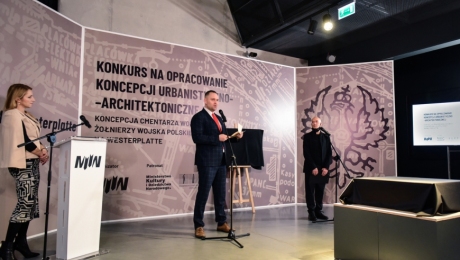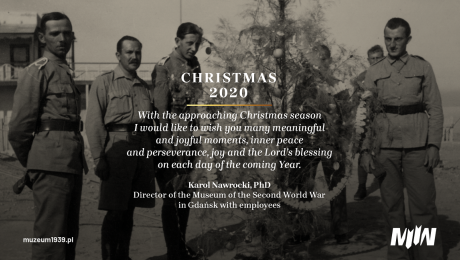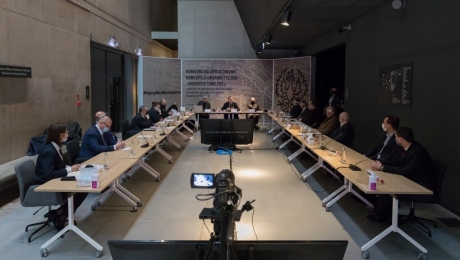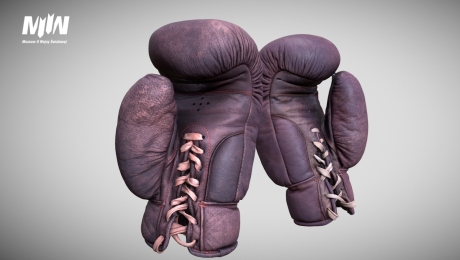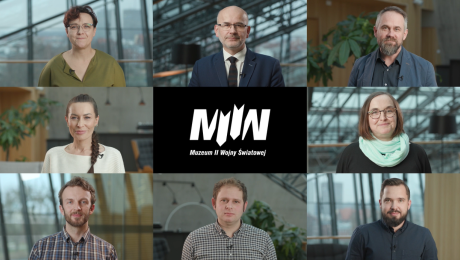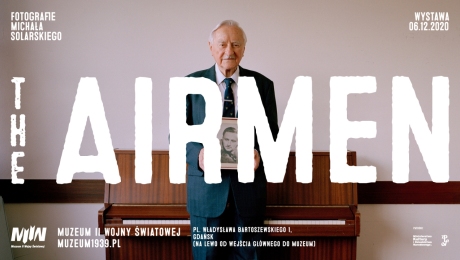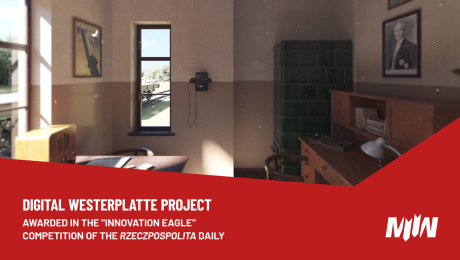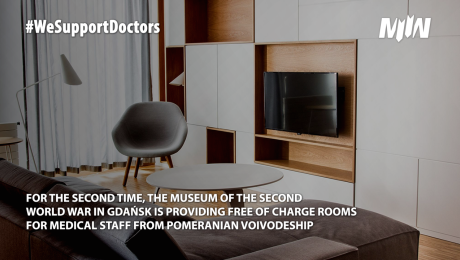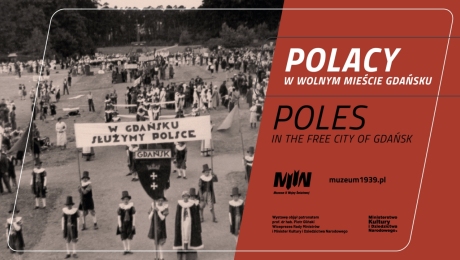Aktualności
On 21 December this year, results of the competition for drawing up an urban and architectural concept of the Military Cemetery of the Polish Soldiers at Westerplatte were presented at the Museum of the Second World War in Gdańsk. A victorious work was made by NM architects Tomasz Marciniewicz, Zuzanna Szpocińska, Jerzy Grochulski (team of authors comprising: Tomasz Marciniewicz, Zuzanna Szpocińska, Jerzy Grochulski, Karolina Kayzer).
With the approaching Christmas season I would like to wish you many meaningful and joyful moments, inner peace and perseverance, joy and the Lord’s blessing on each day of the coming Year.
Karol Nawrocki, PhD
Director of the Museum of the Second World War in Gdańsk
On December 14th, 2020, the first gathering of the Competition Jury began to select the best urban-architectural concept for the Polish Army Cemetery at Westerplatte.This gathering is chaired by dr. hab. inż. arch. Boleslaw Stelmach Ph.
Jan Bianga – an excellent sportsman, one of the best boxers in the history of the Gdańsk sport scene – is the protagonist of another edition of our campaign “Entering History”. This time we present boxing gloves that belonged to the boxer and boxing coach of the legendary club Gedania. Most significantly, the next “Rocky Boxing Night” gala will be named after Jan Bianga.
Today we celebrate the International Volunteer Day! We wish to thank all those who generously devote their free time to support us in carrying out museum tasks and projects. Your help is invaluable!
EXHIBITION „THE AIRMEN” FROM 6 DECEMBER IN THE SQUARE IN FRONT OF THE MUSEUM OF THE SECOND WORLD WAR The exhibition will showcase in an innovative and artistic manner the photography project "The Airmen" by the photographer Michał Solarski.
We are excited to announce that Digital Westerplatte project, designed by Chronospace IT company for the Museum of the Second World War in Gdansk, has received a distinction in the "Startup - The Best Technological Solution" category in the "Innovation Eagle" contest by Rzeczpospolita daily.
According to the agreement concluded between the Museum of the Second World War in Gdansk and the Governor of Pomerania, the museum has provided four rooms for free use, located in the museum's hotel annex, to meet the needs of medical staff working in the area of the Pomeranian Voivodeship.
The exhibition “Poles in the Free City of Gdańsk” presents the fates of the Polish minority, which has served Poland since the beginning of WMG’s [Free City of Gdańsk] existence through its active involvement to preserve its national identity against the German majority. The exhibition presents various manifestations of everyday life of the Polish population in the WMG until the outbreak of World War II.






